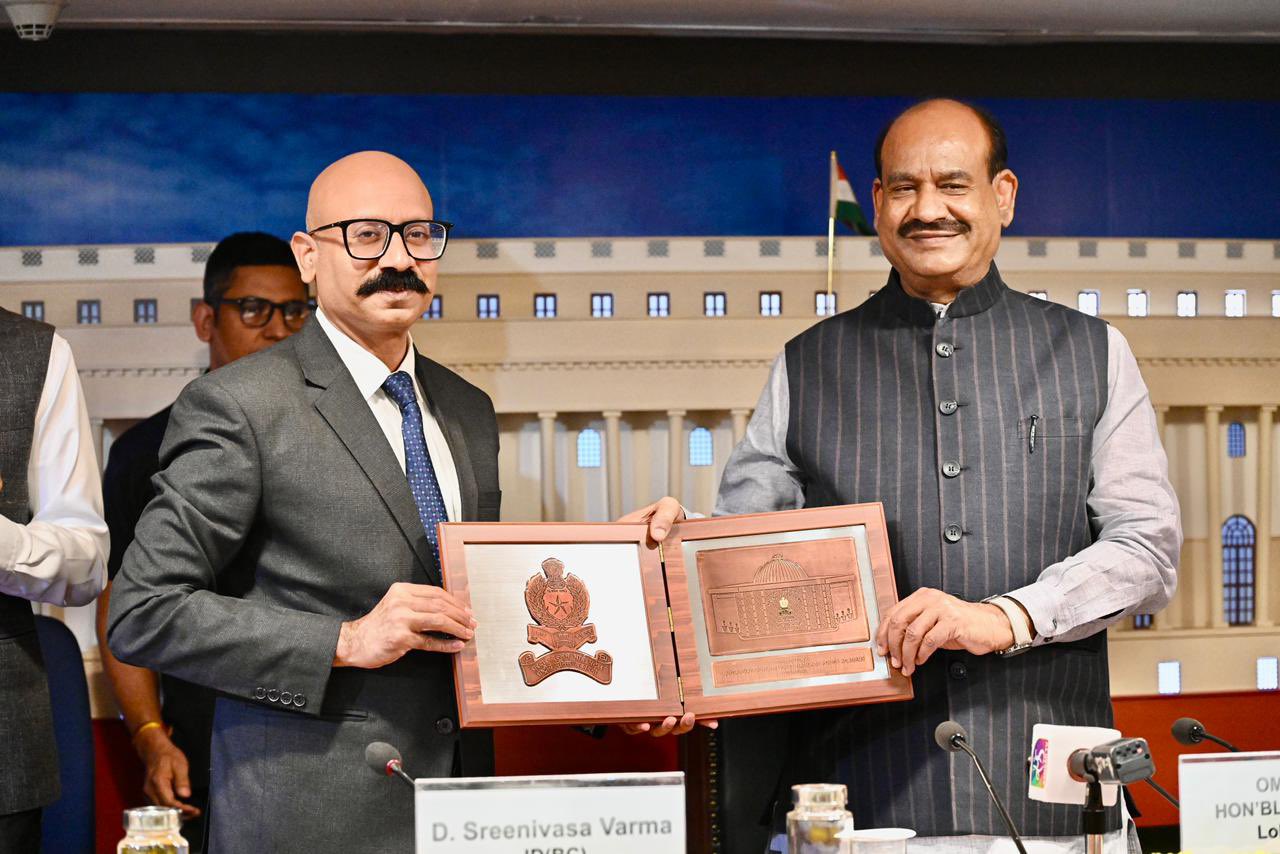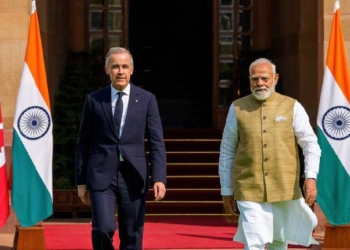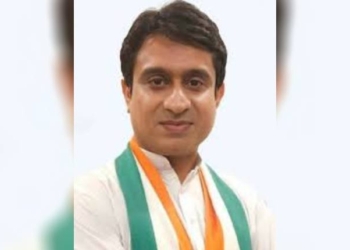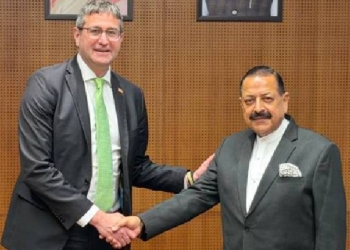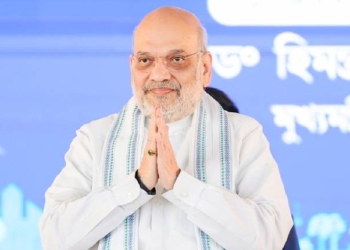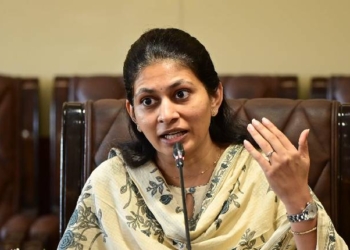New Delhi: Lok Sabha Speaker Om Birla on Thursday highlighted that the rule of law, along with its effective enforcement, is fundamental to economic growth and essential for realising the vision of a Viksit Bharat by 2047.
Inaugurating a two-day Appreciation Course for the 2024 Batch of the Indian Police Service (IPS), organised by the Parliamentary Research and Training Institute for Democracies (PRIDE), Birla said that laws and policies framed by the legislature must be implemented effectively on the ground by young civil servants.
Birla underlined the need for public representatives, police, and administrative officials to work in close coordination for the betterment of society.
Police officers must maintain close contact with the communities they serve to ensure effective policing and uphold the rule of law, he said.
Birla also commended the growing number of women officers in the IPS, highlighting their sensitivity and empathy, which strengthen the police force and improve service to the public.
He stressed that IPS officers must be technically proficient and well-informed to address modern challenges such as cybercrime and disaster management, alongside traditional policing duties.
He stressed that the spirit of the Constitution should guide their actions and conduct in the discharge of their duties.
The Speaker stated that their conduct should reflect the spirit of public service exemplified by Baba Saheb B.R. Ambedkar.
He emphasised that the Constitution of India continues to guide the nation, noting that after extensive debate and discussion, the Constituent Assembly created a constitution that remains a source of pride and guidance, admired across the world.
Birla encouraged the trainee officers to thoroughly study the three new criminal codes enacted by Parliament to understand both the letter and spirit of the law.
He also emphasised that IPS officers should adopt a global perspective when addressing transnational issues such as organised crime, terrorism, and cybercrime, while remaining guided by the principles of protecting the innocent and apprehending the guilty.
(IANS)




